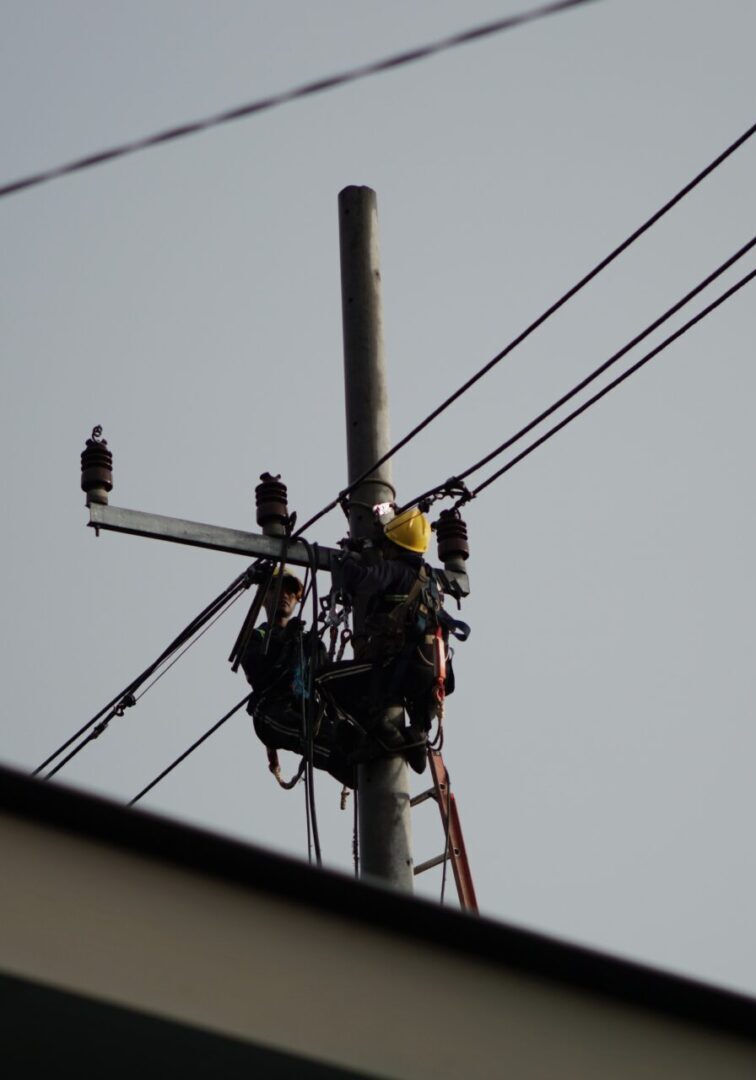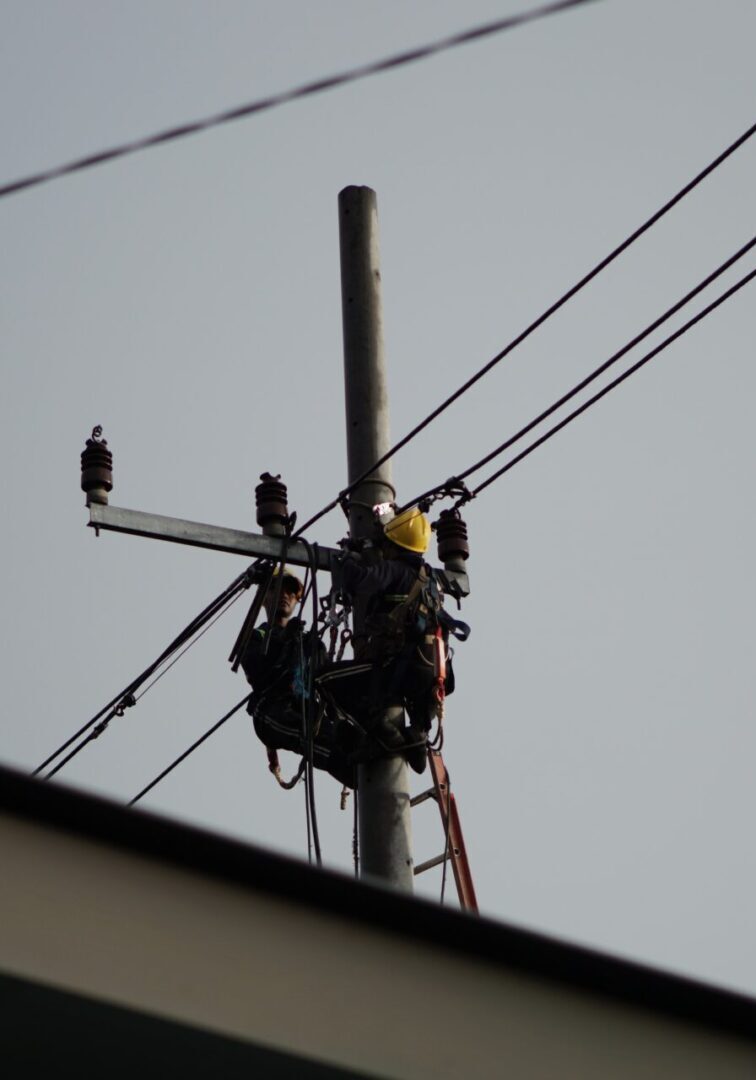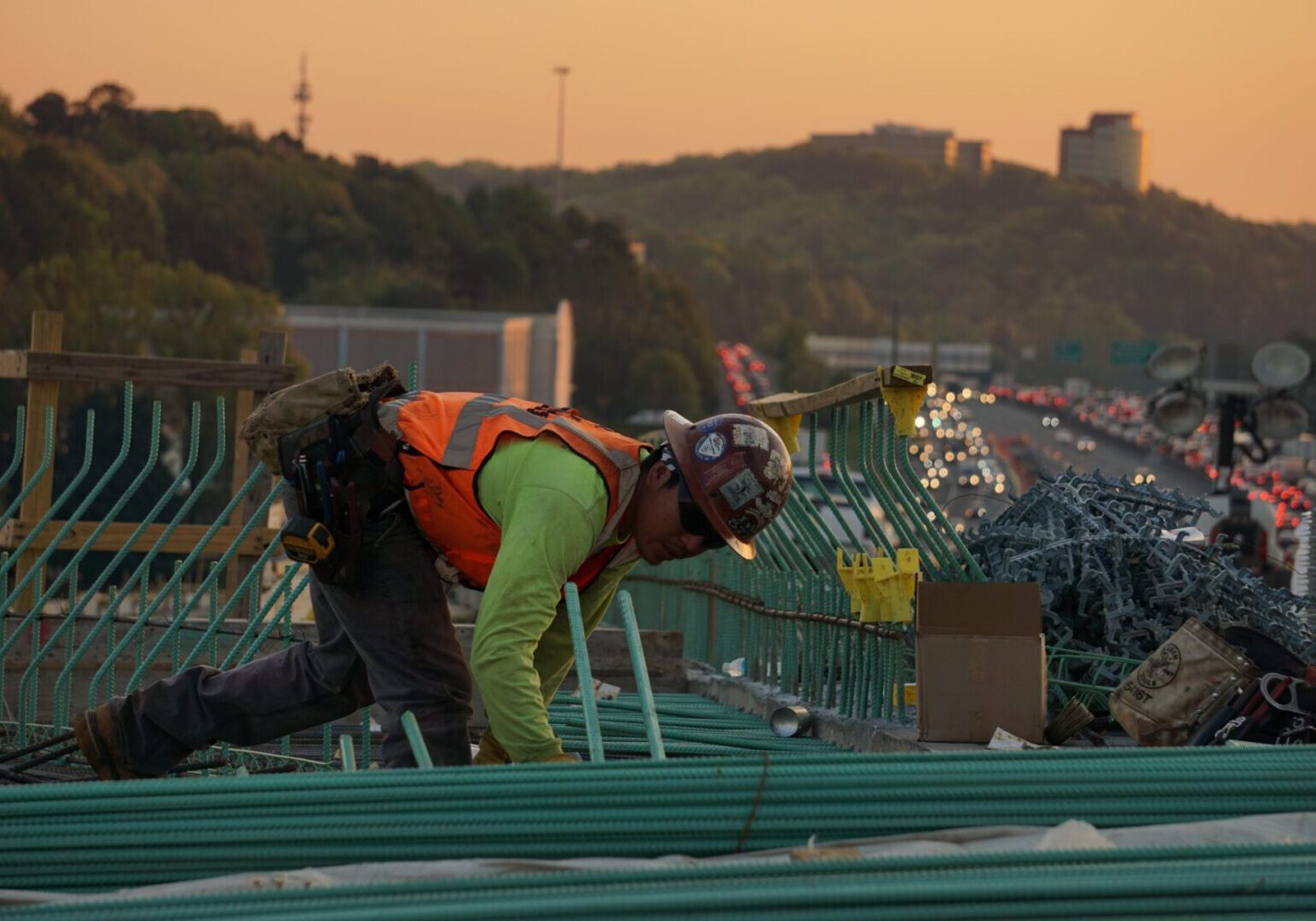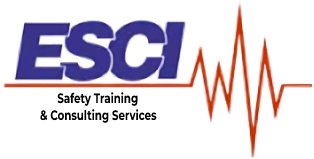Teaching You How To Implement New Electrical Industry Regulations
Two-day course offered at your location.
OSHA 1910.269 and OSHA 1926 Subpart V:
How To Interpret and Apply the New Regulations
What do these regulations mean to my company and me?
How do I interpret and apply each paragraph?
The training course will include:
The story and history of each paragraph
Every paragraph from OSHA 1910.269(a) "General" to OSHA 1926.968 "Definitions"
Appendix A through F, and
OSHA 1910.137 "Electrical Protective Equipment"


Teaching You How To Implement New Electrical Industry Regulations
Two-day course offered at your location.
OSHA 1910.269 and OSHA 1926 Subpart V:
How To Interpret and Apply the New Regulations
What do these regulations mean to my company and me?
How do I interpret and apply each paragraph?
The training course will include:
The story and history of each paragraph
Every paragraph from OSHA 1910.269(a) "General" to OSHA 1926.968 "Definitions"
Appendix A through F, and
OSHA 1910.137 "Electrical Protective Equipment"
If you go to only one training session this year, this is the one you cannot miss!
You will hear directly from Mr. David Wallis (the primary author of OSHA 1910.269 and Subpart V) how to read, understand, and properly interpret these regulations. Mr. Barry Kropp will provide an in-depth and detailed understanding of how to implement and apply these regulations to your day-to-day operations. No other presentation will provide you with a more accurate and clear understanding of the OSHA 1910.269 and OSHA 1926 Subpart V.
Who will benefit?
This course is for all electrical workers, including line and substation crews, engineers, and management and safety professionals. This course is a must for everyone in the business of operating, maintaining, and constructing electrical facility lines, cables, and equipment. The training will not only cover in-depth the recent revisions to regulations, but a discussion of every paragraph of the regulations.
Speakers:
David Wallis, ESCI Director of Standards and Work Rules
Mr. David Wallis holds a B.S. in Electrical Engineering from the Stevens Institute of Technology, and is nationally recognized as a preeminent expert in electrical safety standards and work rules. He recently retired after 40-plus years of developing Occupational Safety and Health Administration (OSHA) electrical safety standards.
Mr. Wallis has directed the OSHA Office of Engineering Safety for the last 10 years, authored 10 OSHA safety and health standards, and contributed to dozens of others. David has examined the records of more than 6,000 electrical accidents and thousands of non-electrical accidents to determine their cause, allowing him to draft rules preventing the reoccurrence of those accidents.
Mr. Wallis is the primary author of most OSHA electrical standards, including OSHA 1910.269, OSHA 1926 Subpart V, OSHA 1910 Subpart S, and OSHA 1926 Subpart K. He also contributed to the promulgation of several other OSHA safety standards, such as the permit-required confined space standard in OSHA 1910.146. David has represented OSHA as an expert witness in several cases before the
OSHA Review Commission.
David actively participates in national consensus standards writing committees by offering his extensive knowledge of occupational safety and health standards. He is an active member of ASTM F18, IEEE, the Engineering in the Safety, Maintenance, and Operations of Lines Subcommittee (ESMOL), NFPA 70E, and NESC Subcommittee 8, responsible for Part 4 "Work Rules."

Barry Kropp, President and General Manager
A graduate of Walden University School of Business with an MBA (Concentration in Risk Management), Barry recently retired from Salt River Project as Manager of Substation Maintenance Field Operations with 38 years of water and power (T&D) utility experience. While at SRP, he had over 22 years of supervisory and leadership experience.
Barry has been a long-time member of the Utility Safety & Ops Leadership Network (USOLN) and is a Certified Utility Safety Professional. He is Lean Six Sigma Certified, specializing in policy, procedure, and process.
Barry has been called upon for incident investigation, expert consulting services in electric incidents, and process improvement.

